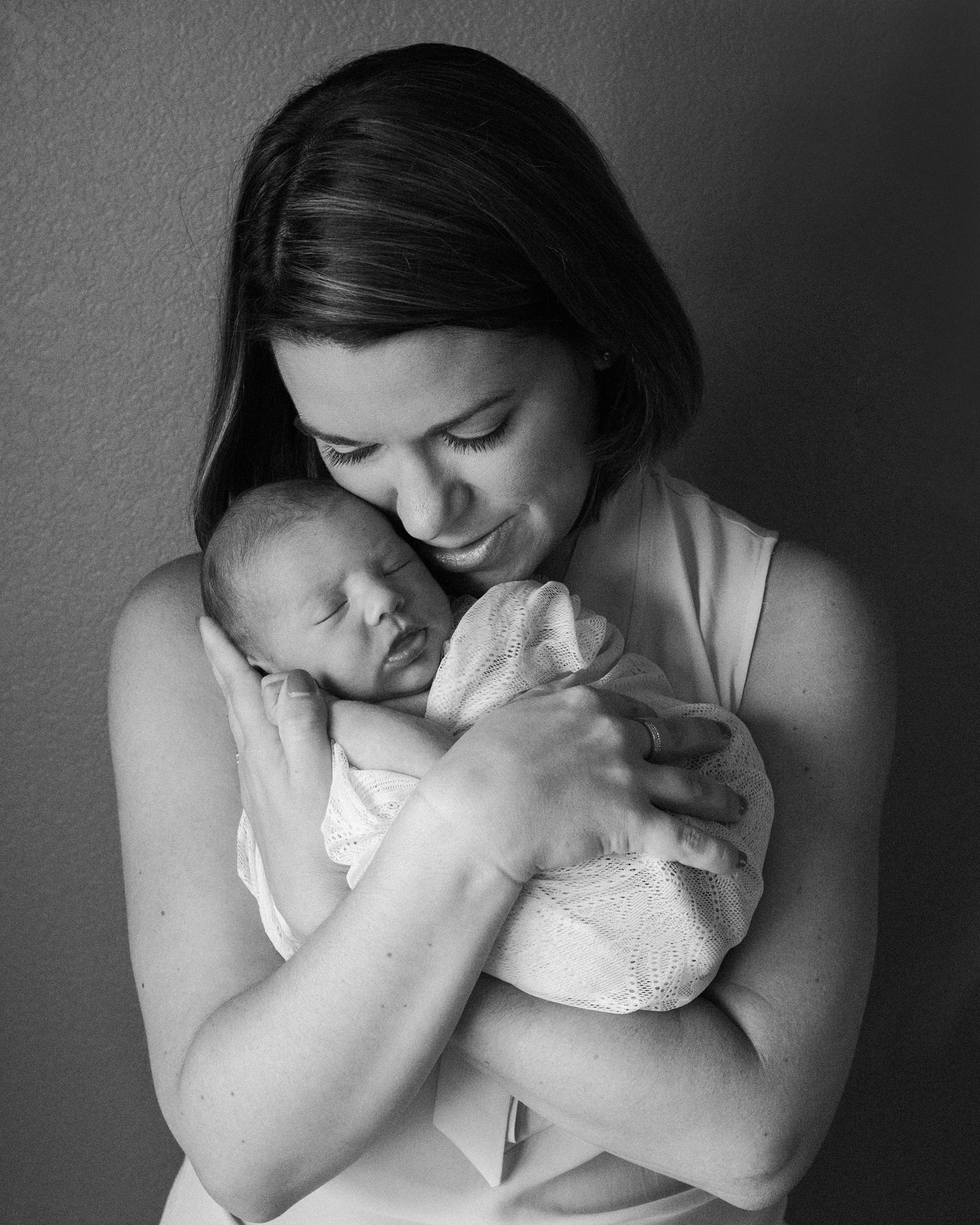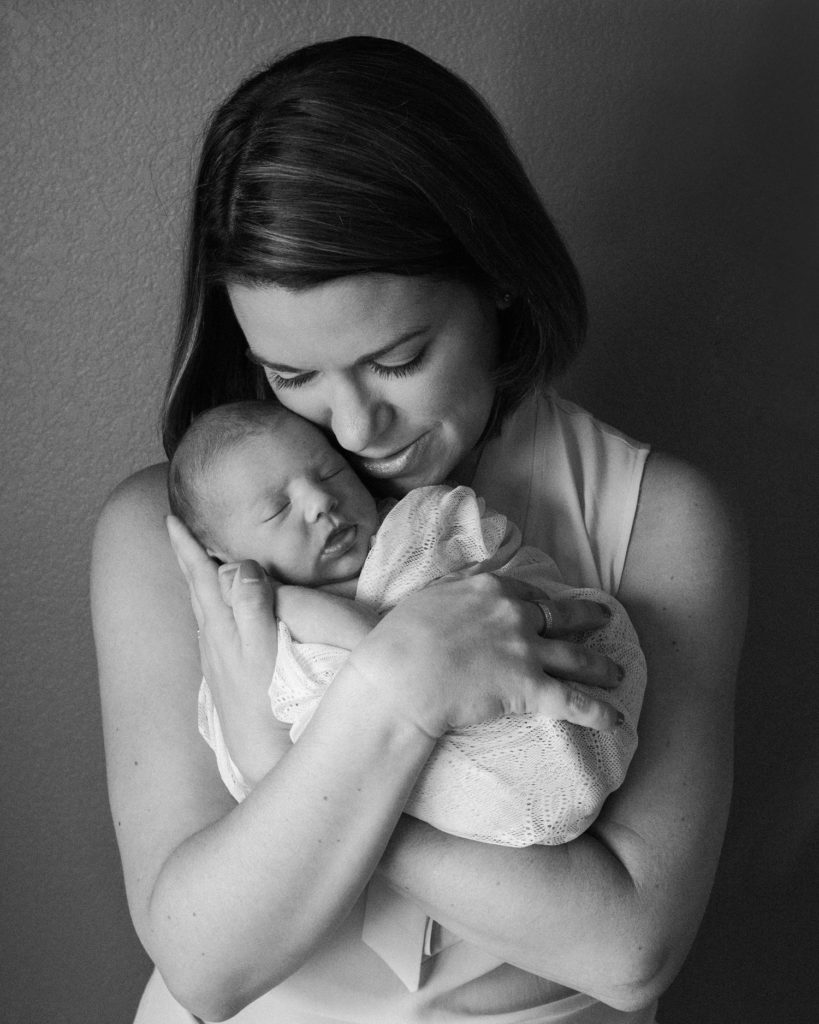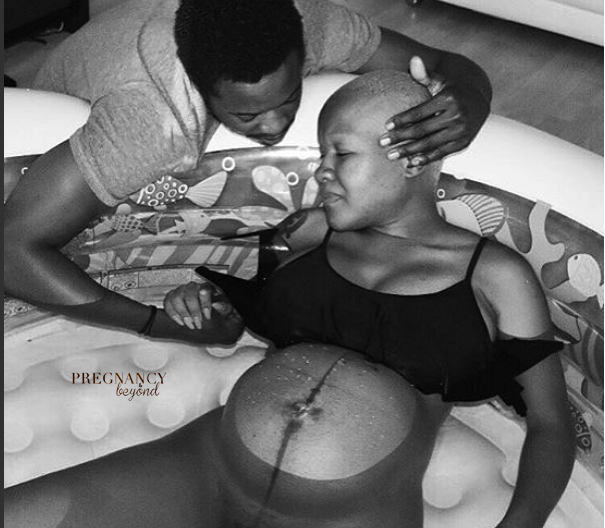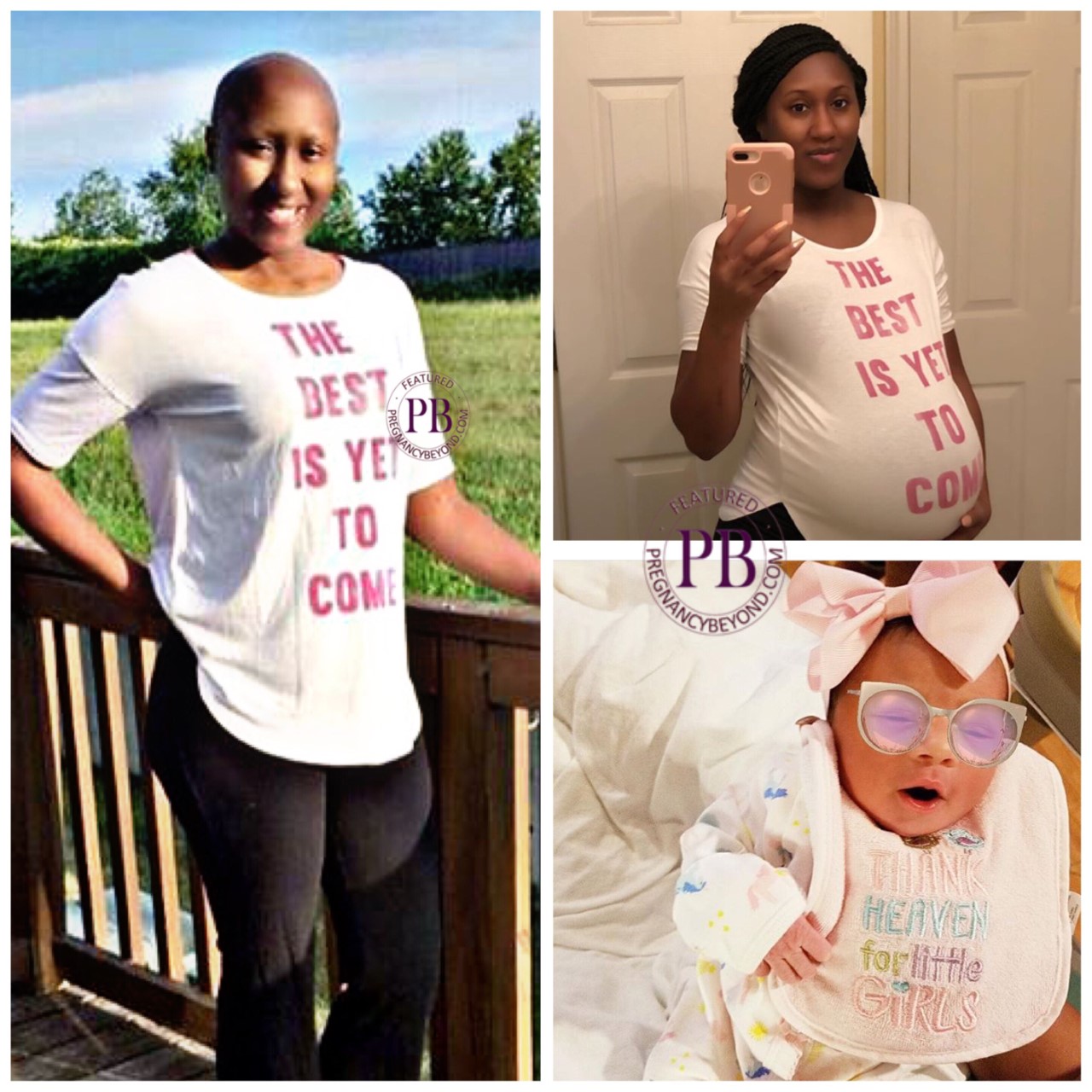
How ICP Changes Your Pregnancy?
How ICP Changes Your Pregnancy – Worth Every Itch, By Lyndsey Quist (ICP Care).
June is ICP (Intrahepatic Cholestasis of Pregnancy) Awareness Month. ICP is a medical condition where women experience very severe itching during pregnancy. PregnancyBeyond has teamed up with ICP Care to raise awareness of this liver disorder that develops during pregnancy. In which bile flow is impaired within the liver itself. This condition has been shown to pose a serious risk to the unborn baby.
In today’s post, one mom advises on the importance of early detection, diagnosis, and intervention.
.

Last June, during Intrahepatic Cholestasis of Pregnancy (ICP) Awareness Month. I was diagnosed with cholestasis during the third trimester of my second pregnancy. It started at the end of May with mild itching on the soles of my feet. After three nights of no sleep, I turned to Google for support. Assuming that itching on your feet was mild. I was shocked to find out that it was the number one symptom of ICP. A disorder that affects pregnant women and can be fatal to their unborn child. Frantic with worry, I called my midwives as soon as the sun came up. I was surprised when they suggested I come down to labor and delivery that Sunday morning. For some blood work and a non-stress test. I was lucky that my midwife immediately suspected ICP. Also, promised that we would continue testing and monitoring until we had a diagnosis. ICP affects only one in 1,000 pregnancies. Many doctors miss the symptoms or are uneducated about current recommended treatment.
After we confirmed that at 30 weeks my daughter was doing well, I was sent home to wait the several days it would take to get my blood work back. My labs showed elevated liver enzyme numbers but the true indicator of cholestasis is bile acids number above 10. Only a few labs in the country run this blood test and it can take days or even a full week to get results. Symptoms of ICP often start well before your bile acids number are at the diagnostic range. There are many pregnant women that endure weeks of testing and uncertainty before getting a conclusive diagnosis.
Three weeks later I was officially diagnosed with ICP. The diagnosis felt simultaneously like a blessing and a curse. After weeks of waiting and not knowing what will happen with your pregnancy, you now know that you have cholestasis. You can schedule an early induction to lower your risk of stillbirth which increases at 37 weeks gestation. Start the medication Ursodiol which helps to lower your bile acids levels, protecting your baby while in utero. You also start bi-weekly NSTs to make sure your baby is active and thriving. Your doctor appointments quadruple, but if you’re lucky enough to have a team that is knowledgeable about ICP, you feel some relief at having a plan to protect your baby.
The last four weeks of my pregnancy felt long and stressful. At a time when you should be happy and excited about your baby’s arrival, you feel constant anxiety and stress about the health of the baby. For many women like myself, the itching increases in severity. Some days I slept only one or two hours the entire night because I was so uncomfortable. I barely had the energy to care for my active little toddler. There was no energy to prepare my daughter’s room, wash baby clothes, or do ordinary nesting activities. I spent the little mental energy I had arranging care for my son during my endless doctor appointments and upcoming induction. Also, I remember once crying on the phone to his preschool who called to tell me he was upset and needed to be picked up. I was hooked up to a fetal monitor watching as my daughter failed an NST, fearing for my daughter’s life but feeling the guilt of not being there for my two-year-old son when he needed my comfort.
Finally, our induction date arrived. Although I was happy that the induction had finally arrived I was nervous. At 10 pm on a Monday evening, I was given my first dose of Cytotec. After three doses and 16 hours, my labor was not progressing. I was feeling very emotional and exhausted by the hours of unproductive contractions. As I took a break from the induction medication and asked for some time to be alone with my husband, suddenly my water broke naturally and labor progressed quickly. It wasn’t long before I held my beautiful, healthy daughter in my arms.
Two hours after her peaceful entry into this world, the nurses started weighing and measuring my daughter. As the nurses proudly announced each statistic, declaring her good health, my husband snapped photos. I remember that I couldn’t focus on anything they were saying and suddenly I was vomiting and losing consciousness. The nurses and midwives thought I was just responding to postpartum hormone fluctuations and told me not to worry. I continued to get sick and fade out when one of the nurses discovered I was losing a lot of blood. Suddenly everything was happening very quickly. They couldn’t get ahold of a midwife or doctor so my labor and delivery nurse made the lifesaving decision to start me on Pitocin immediately. Despite the Pitocin, I was hemorrhaging quickly and my midwife started to remove the placental pieces that were still inside of me. This procedure was one of the most painful things I had ever experienced but it was life-saving and eventually I was told I was stable. The beautiful moment of my daughter’s birth had been followed by a terrifying hour where I wondered if I survive.
In the ICP community, we have a common saying which is “worth every itch.” There is no better way to explain an ICP pregnancy. So quickly your pregnancy can go from healthy, normal, and exciting to scary. After weeks or months of stress, anxiety, and endless itching, you finally get to hold your sweet baby in your arms and you know without a doubt that every single moment of discomfort and fear was worth it to have this sweet little love in your life. Unfortunately for some families, ICP is not caught in time and they lose their sweet unborn child to a disorder that is very rare. After my own experience, I am so thankful to have had a medical team that was knowledgeable about ICP and to the ICP Care community that provided me with support and information throughout my pregnancy. (Find more info. on ICP here)
ALSO SEE: THE ITCH I FELT WAS LIKE ANTS CRAWLING UNDER MY SKIN
The ICP Care:

ICP Care is a 501(c)(3) nonprofit determined to help pregnant mothers who experience Intrahepatic Cholestasis of Pregnancy and to deliver healthy babies. ICP Care’s mission is to provide patient support and education. Raise public awareness, support the advancement of research. Improve health care practices. ICP Care helps to connect, support, educate, and empower those affected by ICP – Intrahepatic Cholestasis of Pregnancy.
We do this by raising awareness of the condition, distributing educational materials for patients and medical professionals. Also, creating a supportive community for friends and families of anyone affected by ICP. We hope that one day, all medical professionals and staff will know the proper protocol for treating Intrahepatic Cholestasis of Pregnancy. Resulting in less suffering and healthier ICP babies. Find them on Facebook and at www.icpcare.org
Join us over at the PB Moms Exclusive Circle. Where we invite healthcare experts to prepare us for life after childbirth and motherhood. Go to: pregnancybeyond.com/exclusive-circle.
Follow PregnancyBeyond on Instagram, Facebook, and Twitter.




